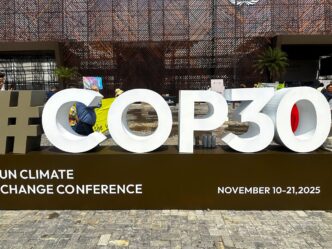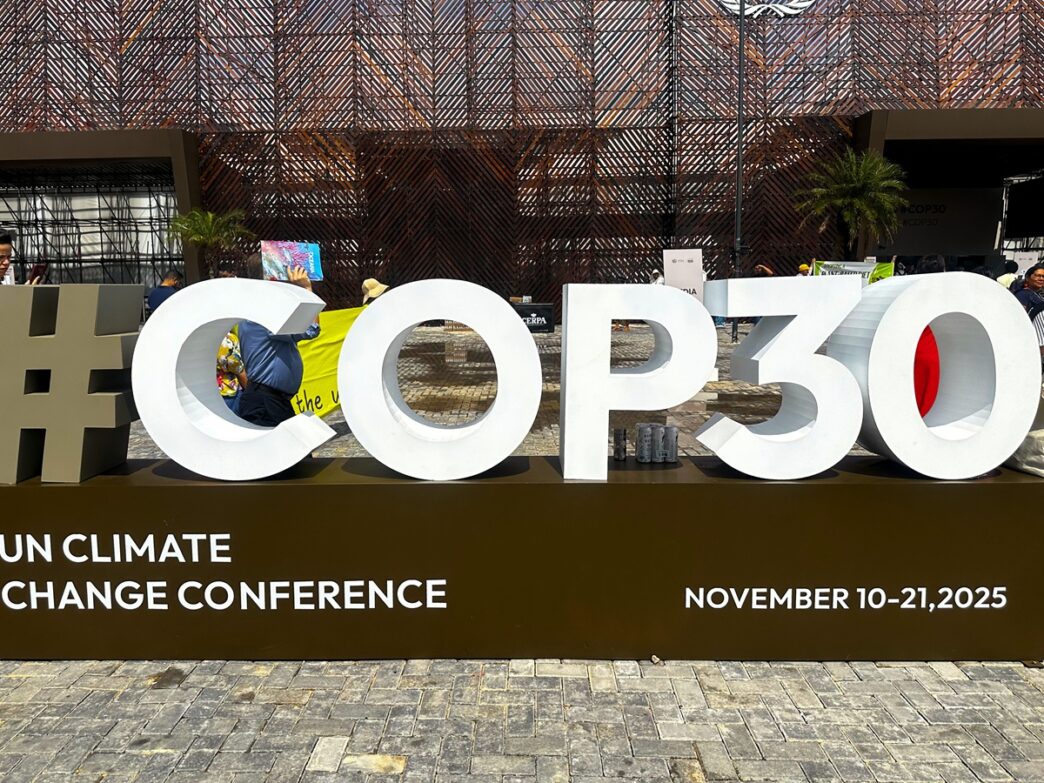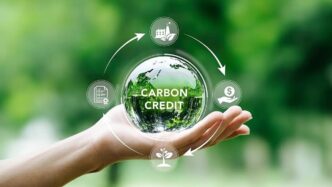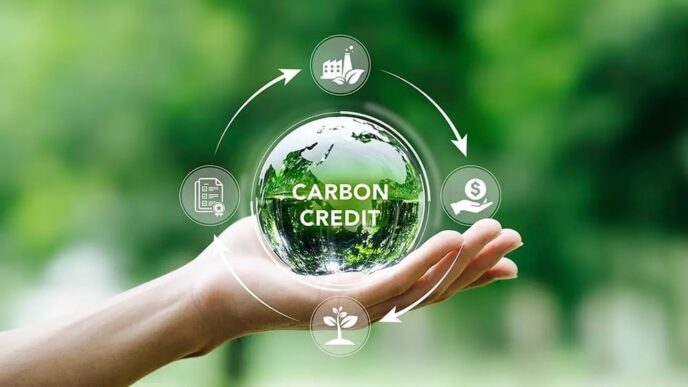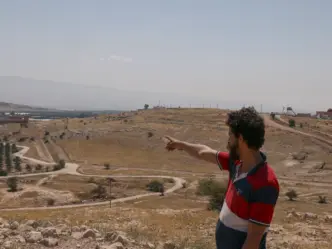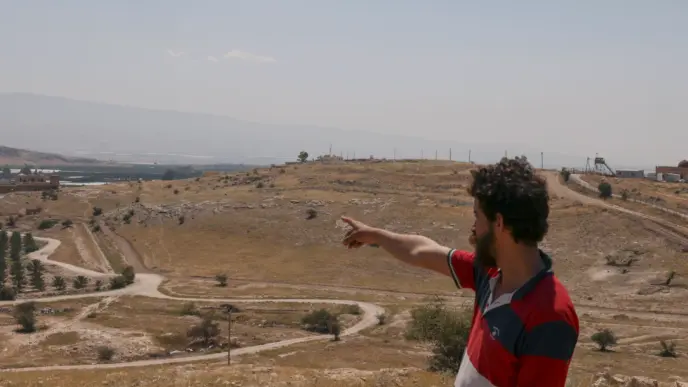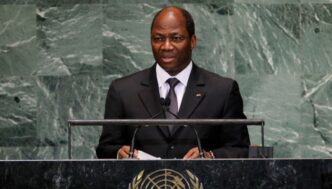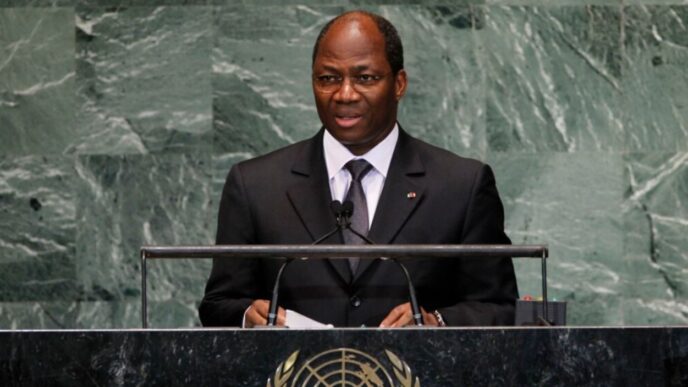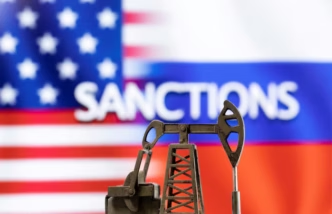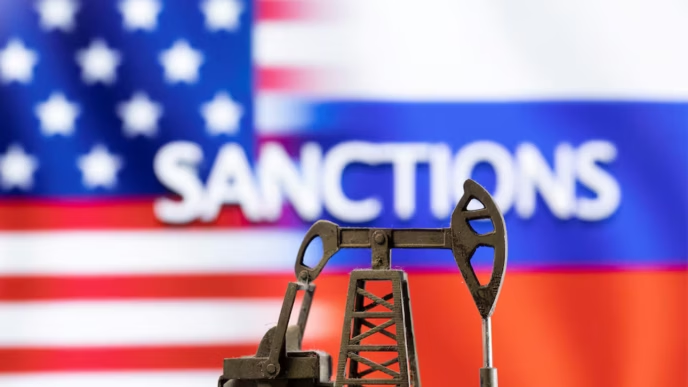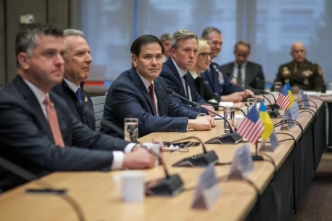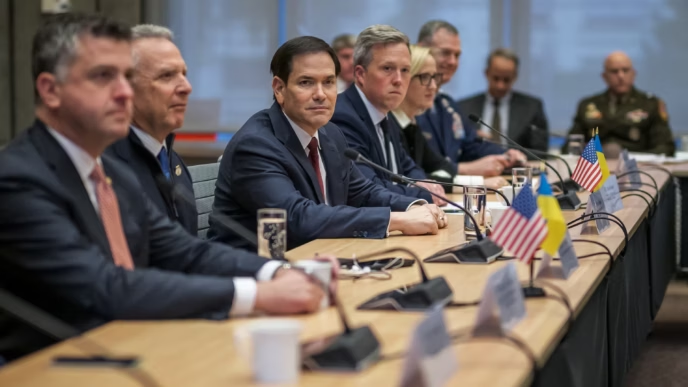A determined African bloc mounted a formidable challenge at the latest round of global climate negotiations at COP30, refusing to adopt a framework it views as an unfair shifting of financial burdens and political responsibility onto the low and middle-income countries. The confrontation centred on a technical but politically charged set of measurements known as the global goal on adaptation (GGA) indicator list. For African nations and their allies, the list is not a mere statistical exercise but a mechanism that could lock in inequity for decades.
The deadlock revealed a fundamental rift in how the world measures progress on adapting to a changing climate. Higher-income countries are pushing for the adoption of the indicator list, albeit with minor revisions.
Africa needs upwards of $50 billion annually to withstand climate change. Even in 2019, adaptation swallowed nearly 1% of national budgets — and in Botswana and Seychelles, as much as 4% of GDP, the UN Adaptation Gap Report (2023) notes. As climate pressures intensify, countries warn that the draft indicators miss a crucial point: whether climate finance is fair, accessible, and effective.
At COP30 talks in Brazil, African nations drew a firm line, demanding a two-year “policy alignment process” to fundamentally reshape the metrics, arguing the current proposal infringes on national sovereignty and places undue burdens on those least responsible for the climate crisis.
“Africa’s position is a strong one, that the indicator list and adopting it is not an option,” South African Amy Thorp of Power Shift Africa, an environmental and policy think tank, told bird. She pointed to specific indicators on private finance mobilisation and national budget allocations as particularly problematic. “Ultimately, what they’re doing is infringing national sovereignty and shifting responsibility and burdens to developing countries.”
This stance is not born of a desire to delay ambition, Thorp emphasised, but from an urgent reality. “The climate crisis is an existential threat for Africa. Our communities are already living with and experiencing that, with floods, droughts, heat waves worsening every year.” The core of the dispute, she argues, is about justice and power. “How we frame and measure adaptation shapes who is seen, it shapes who is heard, it shapes who is supported, and how just those outcomes are.”
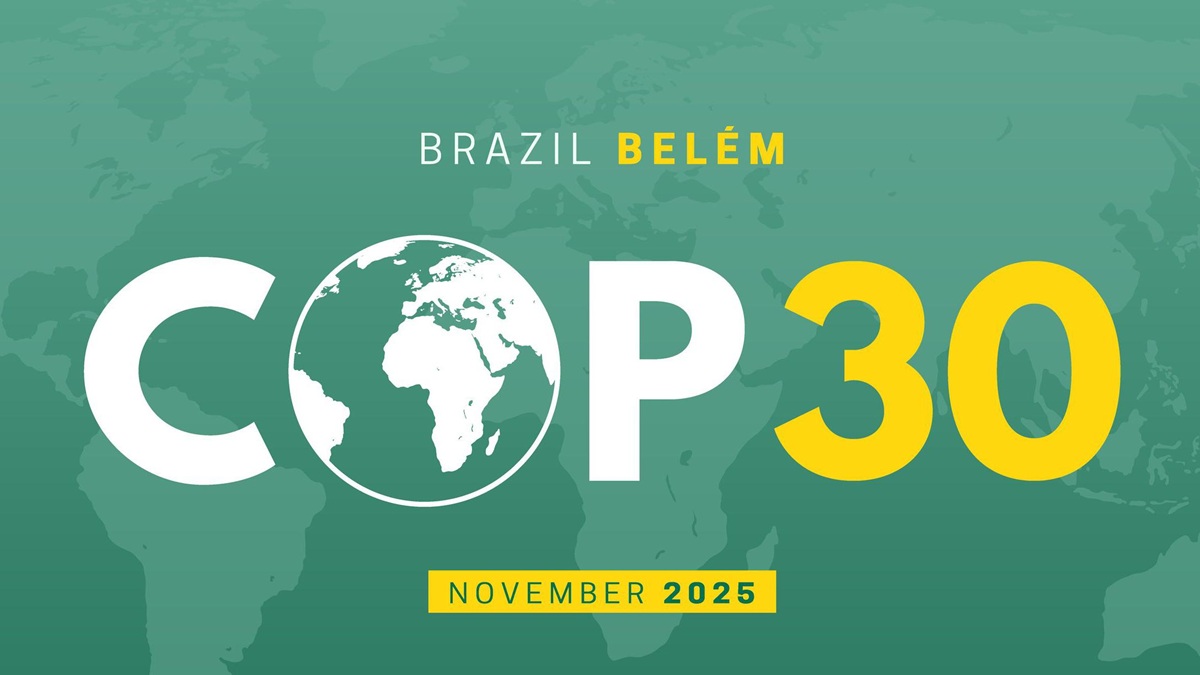
This principled resistance extends beyond the adaptation talks and into the high-stakes arena of the just transition. Here, African negotiators and civil society groups are pushing for a structural overhaul of how the shift to a green economy is funded and governed. Their leverage lies not only in moral authority but in a critical resource: the transition minerals essential for renewable energy technologies and batteries.
In a significant breakthrough, the latest negotiating text for the just transition work program includes, for the first time, mention of a “just transition mechanism.” This concept, championed by the Global South and dubbed the Belém Action Mechanism, aims to create a dedicated global fund to support equitable transition pathways.
“This is a huge success for us,” said Kudakwashe Andrew Manjonjo, a climate envoy Zimbabwe, who focuses on just transition policy. He cited the failures of existing models, pointing to South Africa’s Just Energy Transition Partnership. “Africa was promised $10 billion. They only received $300 million of that, and of that $300 million, nearly 60% went to consultancy fees for global North organisations. This is the problem with the just transition as we know it. It does not speak to the needs of the developing world.”
The push for a new mechanism is coupled with a strategic insistence on language concerning these minerals. Where European Union proposals have focused on securing “supply chains,” African negotiators are demanding text that promotes “value chain development” and “beneficiation”—ensuring that mineral-rich nations can process and industrialise their resources locally rather than merely exporting raw materials.
“A just transition means value chain development, value beneficiation, where the producers are, and most of those minerals are in the global South,” Manjonjo stated. “This is something that the global South are offering to the global North because they do not have these minerals.” This framing reframes the conversation from one of aid to one of partnership, where Africa brings critical assets to the table.
This assertive posture is also reshaping the very definition of a just economy. African delegates are insisting that the multitude of small and medium-sized enterprises (SMEs), cooperatives, and informal traders that form the backbone of the continent’s economies be recognised as essential actors in the transition.
“Africa’s economies are not structured as if it’s just government and private players,” Manjonjo explained. “For us, we speak about cooperatives. We speak about informal traders, and those have to be recognized as important economic actors.”
The combined pressure on adaptation metrics and just transition financing represents a coherent strategy. African nations are no longer merely reacting to proposals from wealthier countries but proactively advancing their own frameworks, backed by the stark evidence of previous financial shortfalls and the geopolitical weight of their natural resources. The outcome of these parallel negotiations is expected to serve as a critical test for the entire multilateral climate process. For Thorp, the stakes could not be higher. A successful outcome, she argues, must be a “comprehensive adaptation package that goes beyond simply the indicators, but really secures quality adaptation, finance and the means to support implementation.” Achieving this, she concludes, would “mark a turning point for adaptation, which has historically been sidelined in these processes, but will also help restore faith in multilateralism.”
As COP30 , the message from the Global South was clear: the old models of climate finance and conditionality have failed. The new ones must be built on equity, respect for sovereignty, and a genuine recognition of the assets and actors that will drive a truly global transition.
Seth Onyango, bird story agency


 Trending
Trending 
